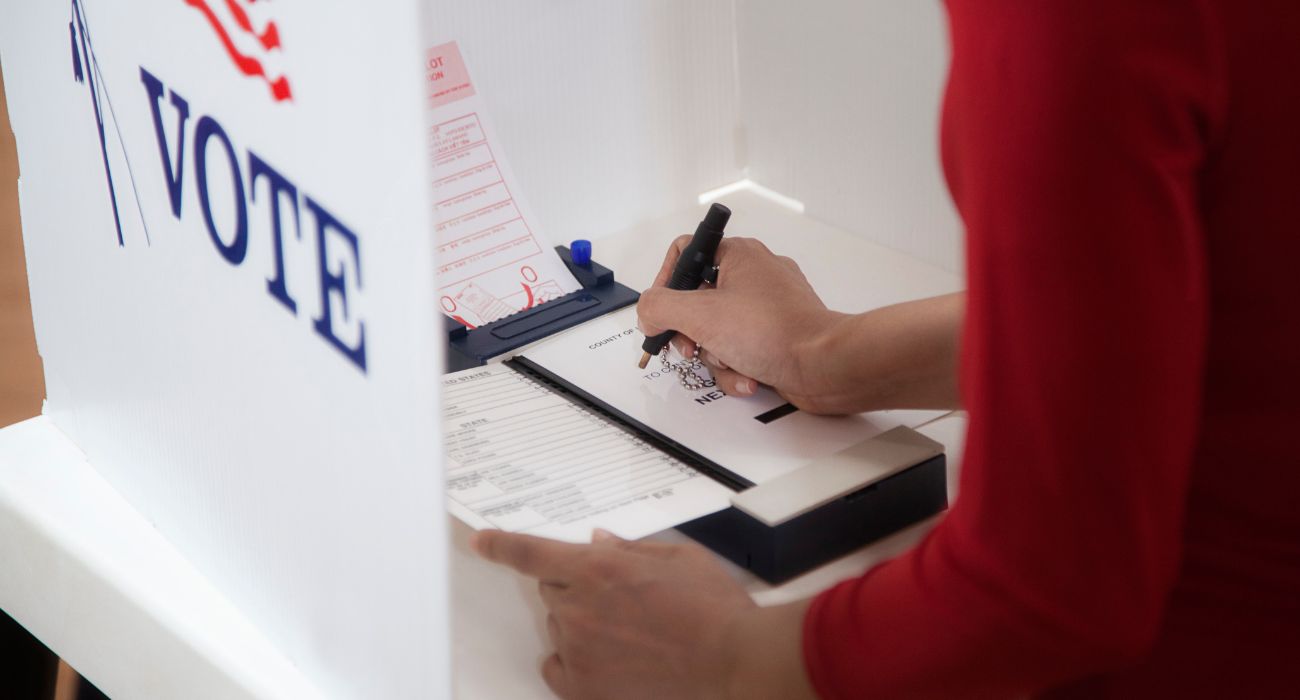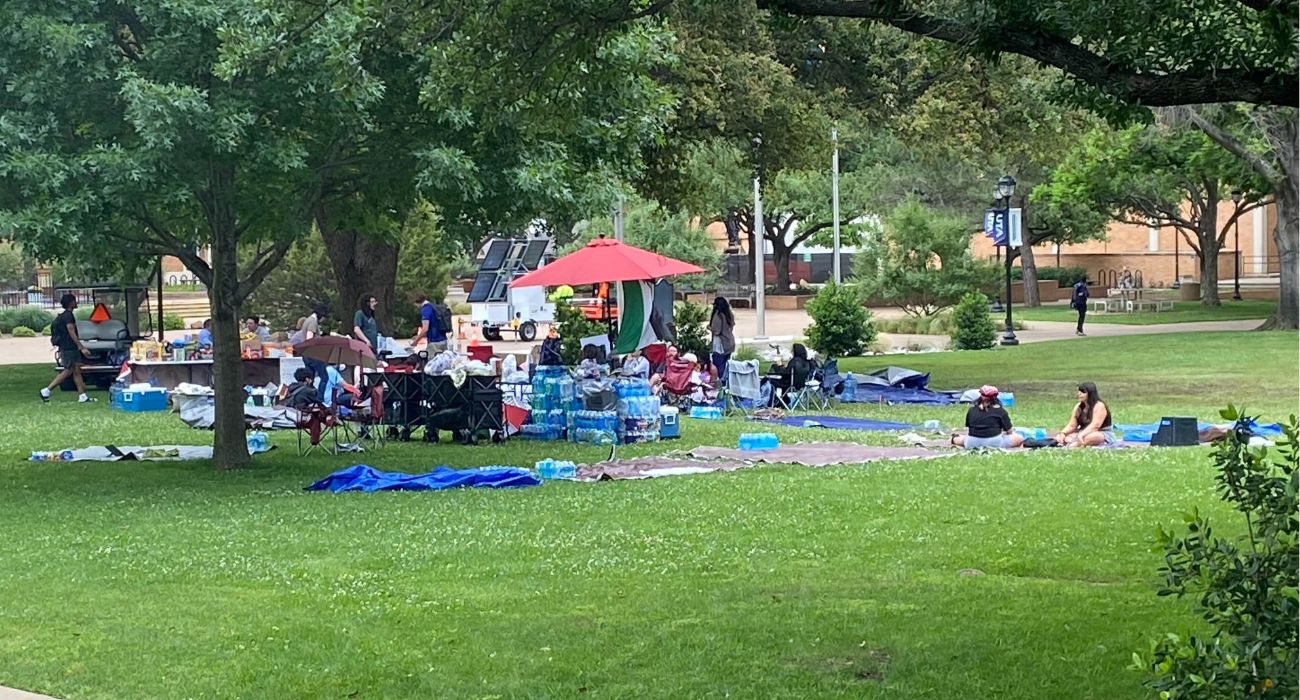The Texas A&M University Police Department told the school’s Board of Regents that it will be making changes to its marijuana enforcement policy.
Chief Mike Johnson told the Regents that the department will no longer arrest non-violent users who are in possession of less than two ounces of the illegal substance, as reported by CBS 3 KBTX.
Moving forward, officers will confiscate the marijuana and release the person who was caught in possession of the substance. The case will then be sent to the county attorney for review. The county attorney will decide if charges should be pursued.
Charges are not often pursued for those possessing less than two ounces, and the department needs officers to respond to other calls, said Johnson, per CBS 3.
Johnson added that he worked with the county attorney to develop the new plan and thinks the approach will work well for everyone.
“I think that’s best for those that are involved, especially when we have so many students coming from different areas where it is not a crime for them to possess certain amounts of marijuana so they get here and it’s a different concept for them and they’re trying to grasp that and we’re trying to work through that with them,” he said, per CBS 3.
Chancellor John Sharp voiced his support for the new plan, referencing an incident he experienced with a student years ago.
Sharp said that a student stole his car, and instead of calling the police, he helped the student receive counseling. As a result, the student avoided a stain on his permanent record and has since gone on to be an engineer in Houston.
“They’re 18-20 years old, we’ve got to cut them some slack without putting an arrest record on them if they’re not a danger to everybody else in my opinion,” he said, per CBS 3.
Marijuana possession in Texas is still illegal, and those found with less than two ounces of the substance could be charged with a Class B misdemeanor that includes up to 180 days in jail and a $2,000 fine, according to Nolo, a library of consumer-friendly legal information.






